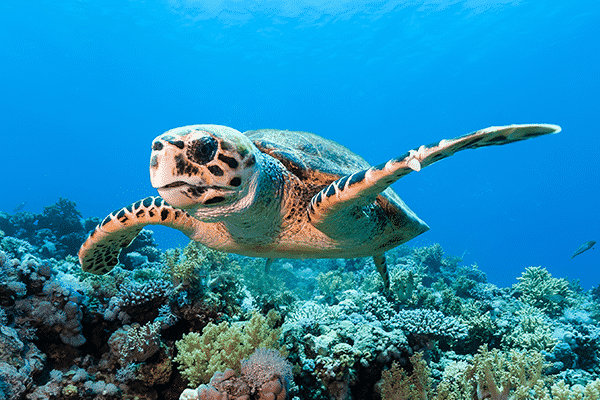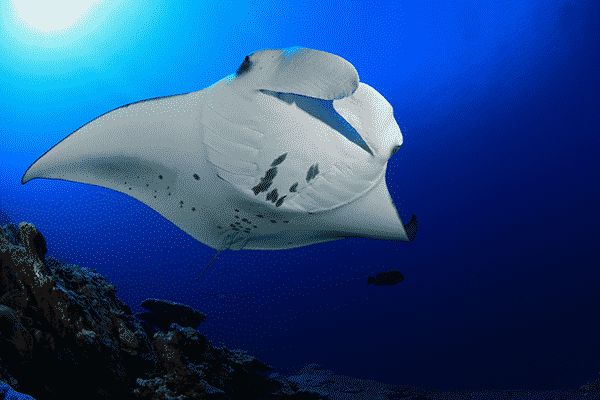Maui Top 20 on 5 helpful Hawaiian words to know for your visit to Hawaii. Join us on the Hoku Nui to create a memory of a lifetime for your ohana snorkeling in the crystal blue waters off the beautiful west coast of Hawaii.
Hawaiian or ʻŌlelo Hawaii is a beautiful language full of character that reflects Hawaiʻi’s unique cultural identity. Exploring and speaking the Hawaiian language is one of the best ways to celebrate the Hawaiian culture.
A law that was created in 1896 required the use of English to be used in schools – a law that almost endangered the Hawaiian language to the verge of extinction. However, a movement in the 1970s revitalized the use of Hawaiian; the Hawaiian language now taught in schools and used throughout everyday life.
Here are five Hawaiian words you need to know before you visit Hawai’i – or simply a way to celebrate this beautiful language:
1. Aloha
Aloha is one of the easiest words to remember because it is known around the world as a tropical greeting. However, it is more than just a greeting or a parting word to mean “hello” or “goodbye.” Aloha expresses love, affection, kindness and good intentions.
2. Mahalo
Mahalo means thank you and is often used to show gratitude. The Hawaiian word “mahalo” appears on most waste bins and a lot of visitors mistake it to mean garbage.
3. ʻOhana
ʻOhana is a more inclusive word for family, extending beyond family blood relations. The extended definition of the word family in Hawai’i reflects the sense of community and interdependence that exists between its people.
4. Kōkua
Kōkua is a word that means help or support. However, the concept of kōkua is more important than its meaning. The Hawaiian word is taught at a very young age, to encourage the spirit of kindness and desire to help one another without expecting anything in return. The word is often heard in phrases like, “Mahalo for your kōkua” or thank you for your support.
5. Kapu
The word Kapu means taboo or prohibition. However, the word also carries meanings including “keep out,” “sacred,” or “no trespassing.” When you see this word, make sure you keep out because Hawaiians usually mean it. In ancient Hawaiʻi, breaking one – even unintentionally – meant death.















